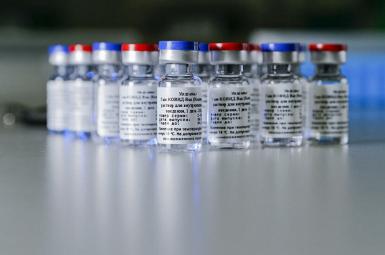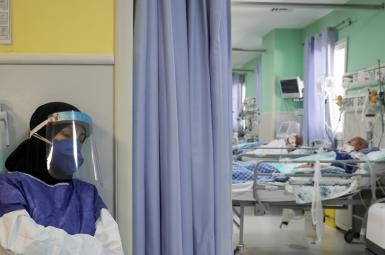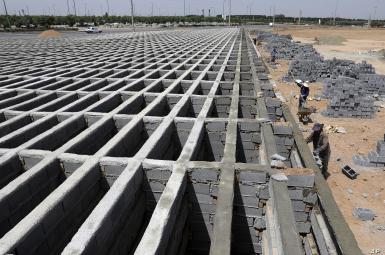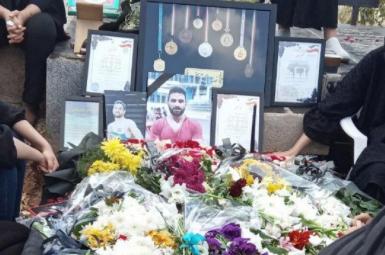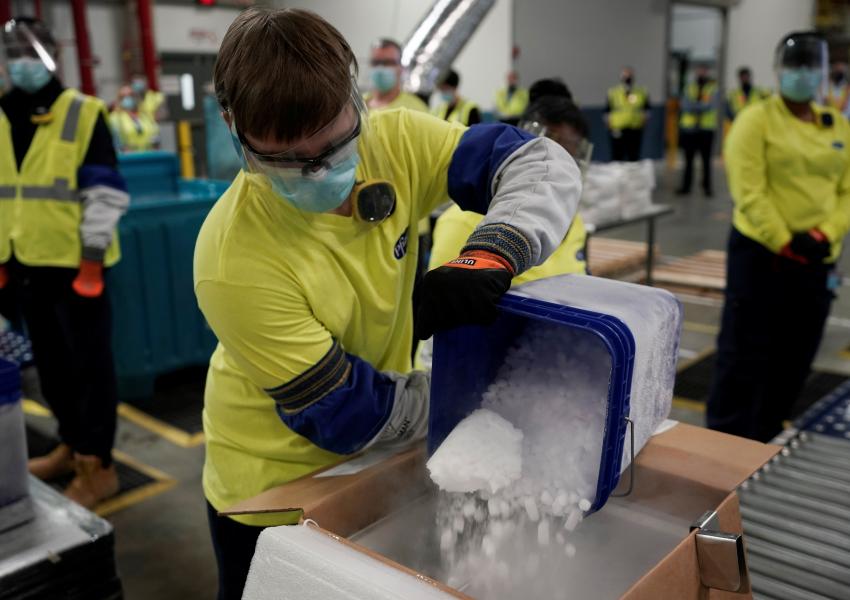
Report From Iran Says Vaccination Greatly Reduces Covid Deaths
Head of Iran's Ilam Medical Sciences University, Dr. Mohammad Karimian, said Sunday that a study conducted by the university in the past six month has shown that 98% of Covid deaths during this period involved patients who had not been fully vaccinated.
According to Dr. Mohammad Karimian, two percent of the patients who died had been fully vaccinated while six percent had only had one dose of the vaccine. He also stressed that only a small percentage of those fully vaccinated who were infected required hospitalization, which demonstrates the efficacy of vaccination in reducing the severity of the disease.
Iran has fully vaccinated only around 11 percent of its 85-million population. The vaccination figure compares to 80 percent in the United Arab Emirates, 45.5 percent in Turkey, 1.3 percent in Iraq, and 1.1 percent in Afghanistan, according to John Hopkins University.
The Delta variant of the coronavirus has quickly spread in Iran in the past two months, with daily deaths rising from under 200 in June to over 600. Health officials have repeatedly warned that the spread of the virus is a serious threat to the health system.
On August 24, daily deaths reached an all-time high of 709. The health ministry Sunday announced 610 deaths and 25,870 new cases for the latest 24-hour reporting period. Media and local officials in Iran have long said these figures, counting only those cases who had a positive PCR test results, underplay the pandemic. Various estimates have put the actual number of deaths at 2.5 to three times higher.
Many have criticized the government for the late commencement of the vaccination program for which they blame Supreme Leader Ali Khamenei's ban on American and British vaccines, the only ones approved by the World Health Organization (WHO), and insisting on producing vaccines domestically. The ban in early January prevented the timely import of Iran's share of vaccines from WHO's Covax program as it only provided Pfizer and AstraZeneca vaccines made by the United States and the United Kingdom.
Critics say that if a significant percentage had been inoculated, thousands of deaths could have been prevented since July.
President Ebrahim Raisi has said vaccination is one of his top priorities and Saturday evening in his first televised interview since taking office he said more vaccines will be imported soon. Raisi also said home production is not enough and 100 million doses need to be imported. In the meantime media in Iran has reported the closure of many vaccination centers due to shortage of vaccines.
The homegrown CovIran Barakat vaccines account for 2.5 million of the nearly 27 million doses used so far with Chinese Cinopharm and AstraZeneca accounting respectively for around 13 million and 4.5 million doses.
Critics also allege that the authorities do not take a firm stance against holding large religious gatherings in which health protocols are often completely neglected. Despite the record number of new cases and daily deaths since mid-July, authorities say they are planning to arrange for tens of thousands of pilgrims' participation in Arbaeen mourning ceremonies in the Iraqi city of Karbala on September 28.

